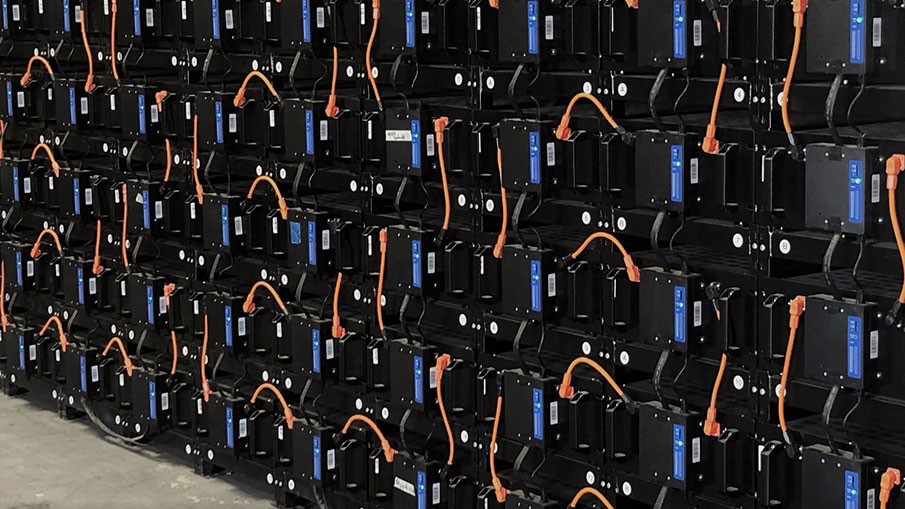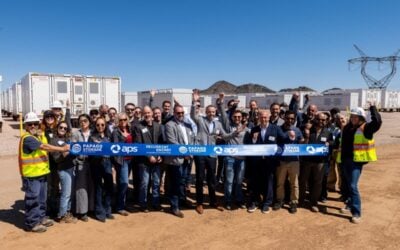
Wholesale power provider Southern Power is to develop up to four utility-scale energy storage projects totalling 86MW / 345MWh.
Of the four projects, all in California, one has already closed financing. Southern Power is working with developer esVolta on the portfolio.
Enjoy 12 months of exclusive analysis
- Regular insight and analysis of the industry’s biggest developments
- In-depth interviews with the industry’s leading figures
- Annual digital subscription to the PV Tech Power journal
- Discounts on Solar Media’s portfolio of events, in-person and virtual
“Battery storage is an emerging technology with the potential to revolutionize how energy is supplied,” said Southern Power President Bill Grantham. “These projects and our partnership with esVolta are a great strategic fit for our business, and these transactions will further position Southern Power to meet our customers' needs as the energy industry continues to evolve.”
Contract details were not revealed but a statement from Southern Power said the deal was aligned with its “low-risk business strategy of developing or acquiring interests in projects covered by long-term contracts”.
“Southern Power is an outstanding company and a leader in the US electricity sector,” said Randolph Mann, founder and president, esVolta. “Our collaboration will enhance esVolta's ability to capitalize on the strong growth of the energy storage business, and we are excited to work alongside the outstanding team at Southern Power to bring additional high-quality utility-scale storage projects to fruition for our utility customers.”
Larger projects are becoming increasingly commonplace in California. Last month Fluence broke ground on the Alamitos project. The 100MW / 400MWh install is being developed in Southern California for AES, one half of the Fluence joint venture.
In April Southern California Edison signed contracts for six projects with a total capacity of 181MW. The group are in being built to protect the local network from gas shortages after the leak at Aliso Canyon.






